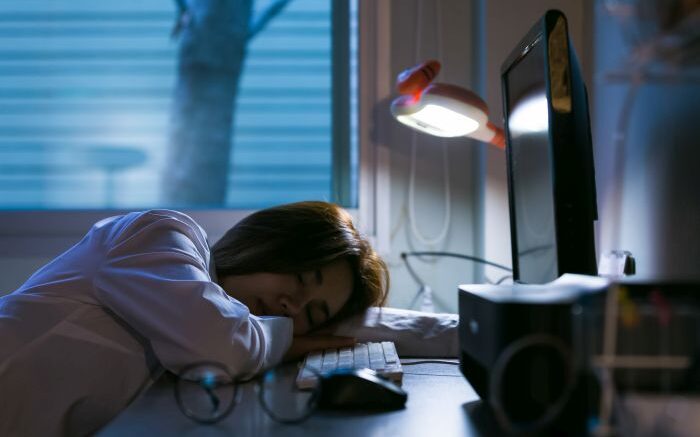Working night shifts is associated with several negative health outcomes, including an increased risk of infections. Now, an international group of researchers has investigated how shift work and working face to face with others, affects the risk of COVID-19 and the severeness of the infection.
7,141 workers from 16 countries answered an online survey, about their work conditions, if they had been infected with the coronavirus, how serious the infection was and if they had been hospitalized because of COVID-19.
Those who worked face-to-face with other, had, not surprisingly, a higher risk of COVID-19.
“However, they did not have a higher risk of getting a more severe outcome of the infection, compared to those not working face-to-face with others," says Bjørn Bjorvatn, first author of the article and professor of medicine at the Department of Global Public Health and Primary Care, University of Bergen.
Compared to daytime workers, shift workers did not have a higher risk of getting infected. Bjorvatn explains this by the fact that the virus is very contagious, and that the infection rate in the general society is high.
“Shift workers are not likely to be exposed to more virus than day workers. Once infected, however, shift workers had an almost six-folded higher risk of being hospitalized due to COVID-19, compared to daytime workers. This supports the hypothesis that sleep deprivation affects the immune system in a negative way. Other studies show that the response to vaccination is poorer in sleep deprived individuals. Therefore, shift workers should take their vaccines after a good night sleep," advises Bjorvatn.
Source: University of Bergen
